
TAGTIK NEWS - TO THE POINT
Renault 5 E-Tech Urban Range review: more provincial than urban
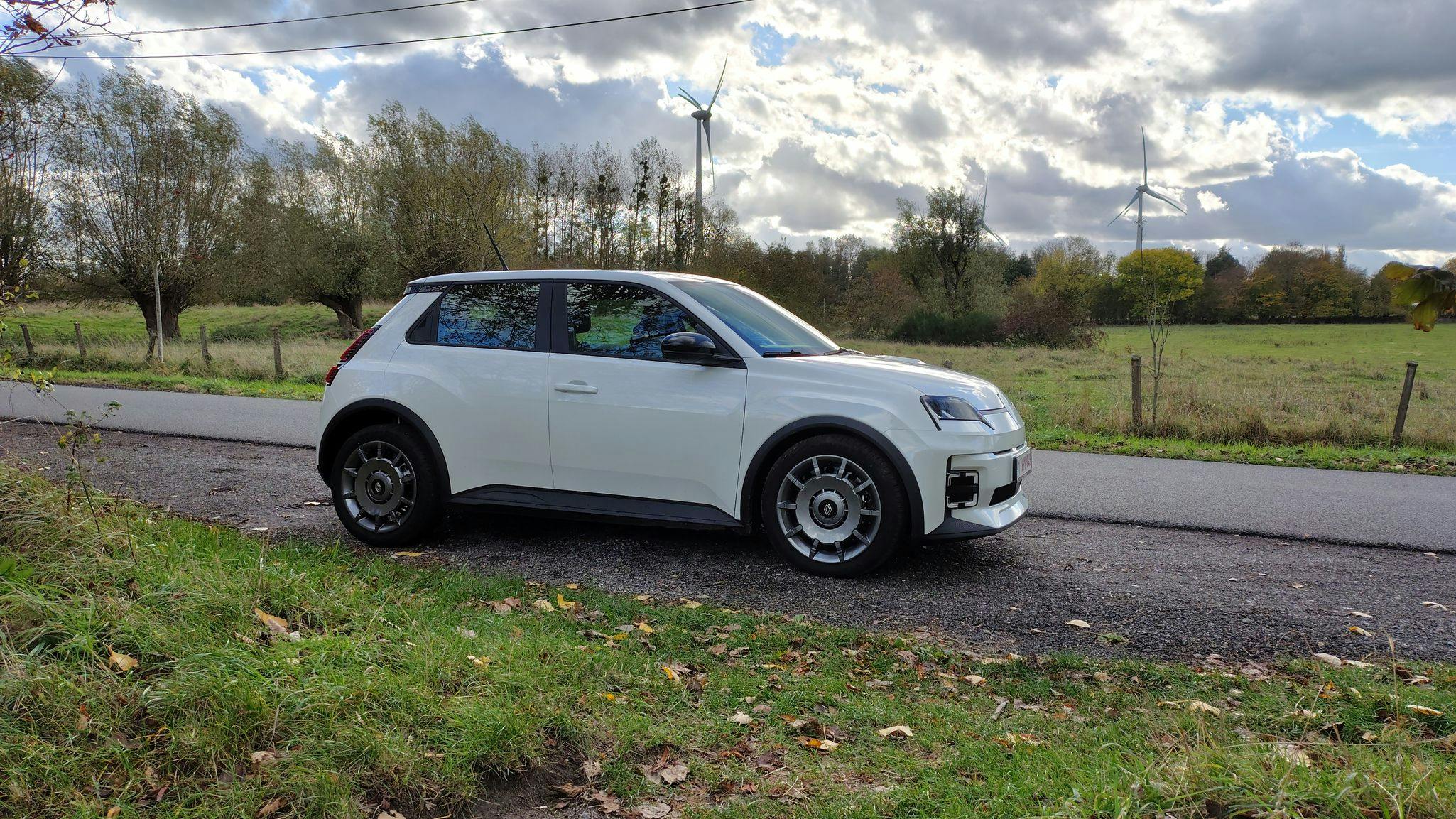
Between the 150 hp "road car" and the purebred 95 hp city car without fast charging, the Renault 5 E-Tech family includes the Urban Range 120. Its motor develops 122 hp. As for the 40 kWh battery, it should allow for trips into the countryside. Really?
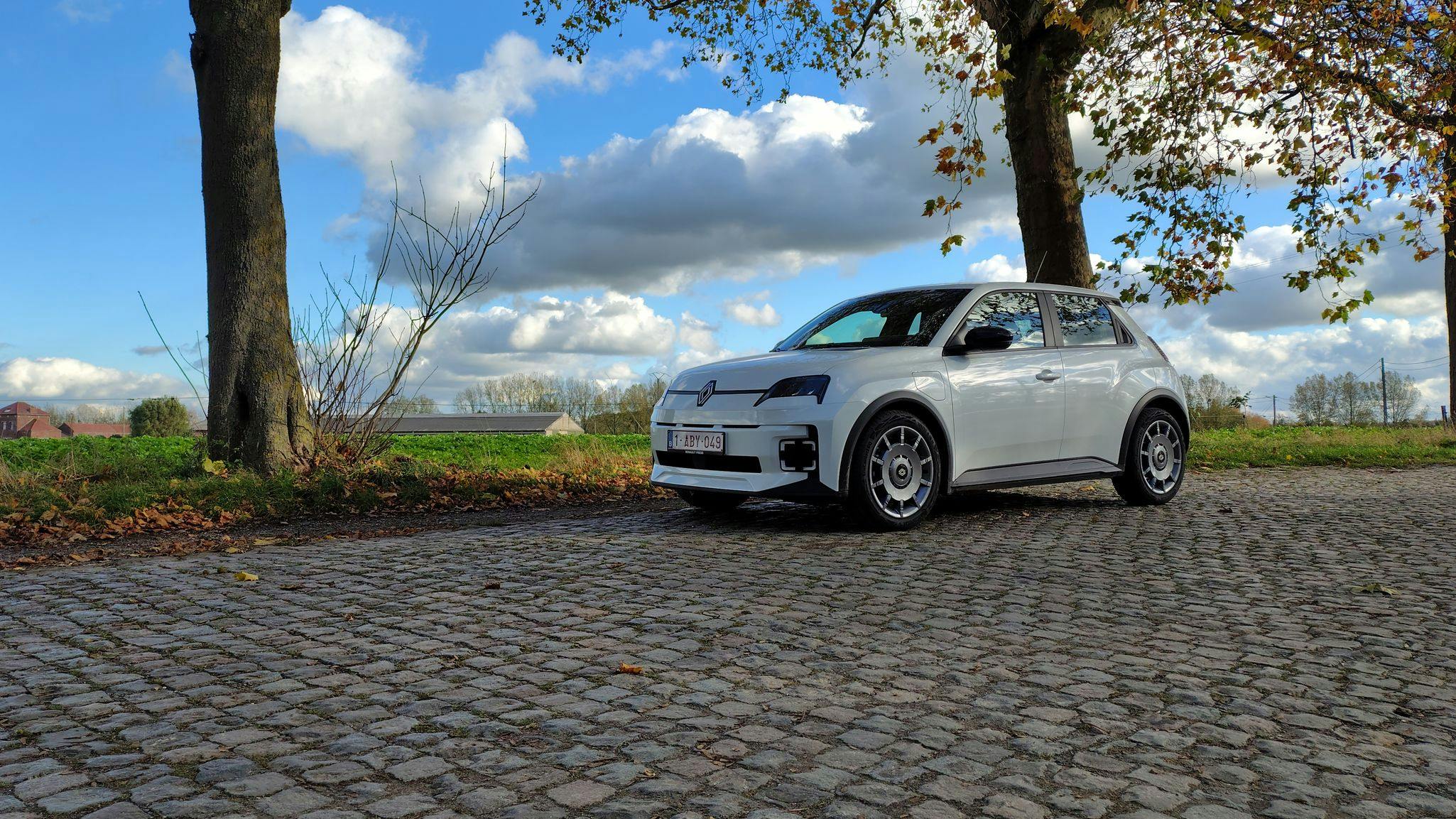
We had already tested the Renault 5 E-Tech, in its Comfort Range version with 150 hp and a 52 kWh battery offering a WLTP range of 410 km. Pleasant and nostalgic, its range was nevertheless just adequate on the motorway, while being priced at at least €30,000, or even €35,000 for the top-of-the-line trims. Therefore, getting behind the wheel of the less expensive Urban Range variant, with 120 hp and a 40 kWh battery, was an experience worth trying. Especially since this electric revival of the R5 has gotten off to a very good start.
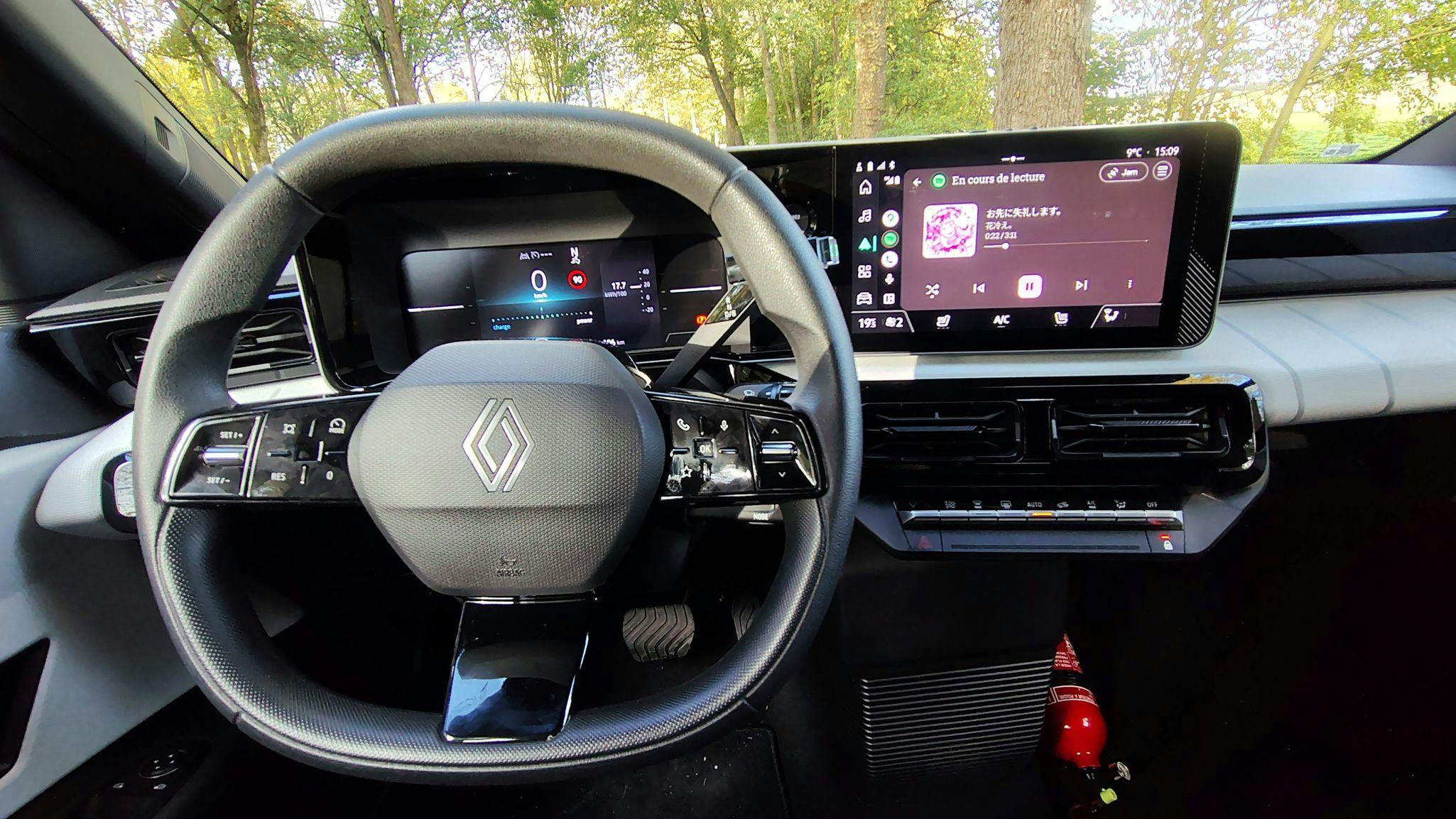
Agile
Of course, we rediscovered the enthusiasm and affability of this new electric R5. However, the steering wheel reveals that we've moved up a level with the Evolution trim. Gone is the Multisense button and the soft-touch rim of the 150 hp Iconiq Cinq. Here, in a less upscale setting, it's harder to grip. But the shape and buttons on the two central spokes remain the same. Other elements demonstrate that the mid-range model has had to make some compromises, particularly regarding multimedia. There's no integrated navigation or Android Automotive solution. You'll need to mirror your Android or Apple smartphone for directions or to use your favorite apps. But rest assured, a radio is standard.
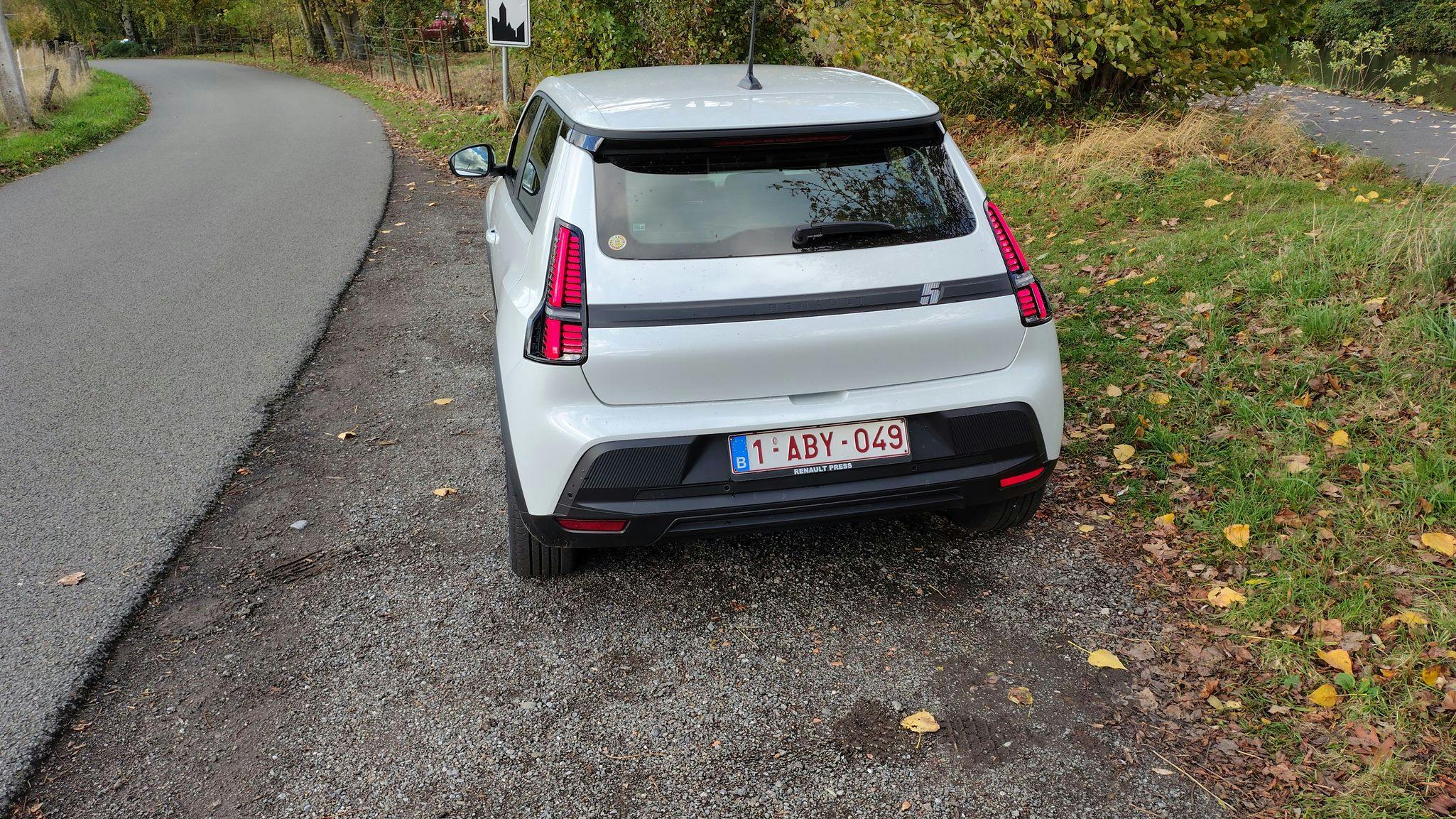
The 122 hp and 225 Nm of torque from the engine don't feel sluggish. The Renault 5 has retained its agility and responsiveness. It's perfectly at ease in the city. Its 3.92 m length is a real advantage when trying to find a parking space that fits. Its width is also a plus in underground car parks. However, there's no standard reversing camera. The warning sound is there, admittedly. When pulling out of the airport and supermarket parking spaces, you still have to turn around. A habit you've lost from being spoiled by cars with so many features.
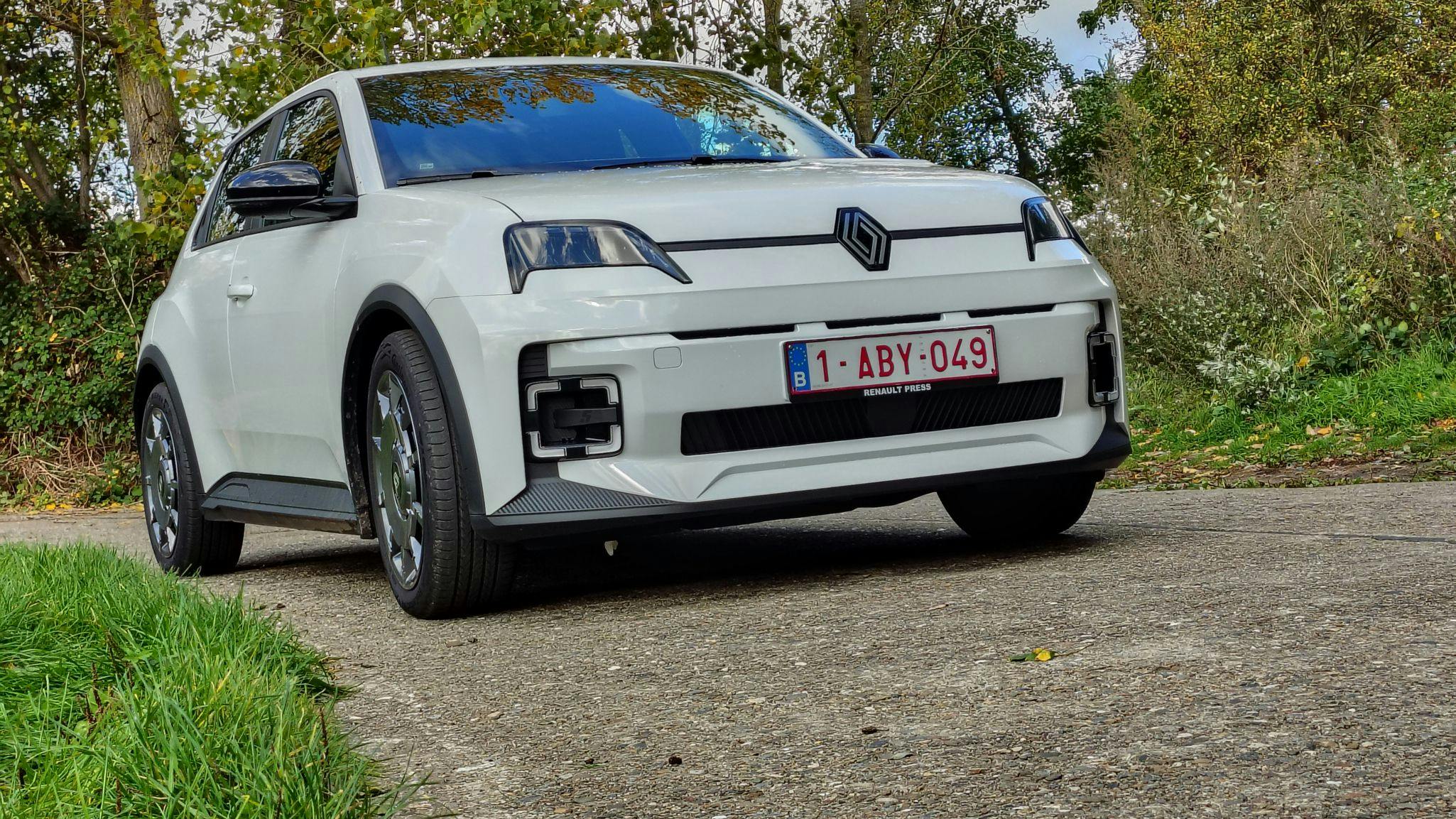
On the road
Playing taxi driver for friends for a round trip to Brussels Airport, a distance of 85 km, drained just over 35% of the battery with an outside temperature of 8°C. And that was with a large portion of the journey on the Brussels Ring Road, where the speed limit is 100 km/h. Heading towards Namur from Waterloo (60 km) with 55% battery remaining, and averaging 120 km/h, a fast-food stop at a charging station became essential before heading home.
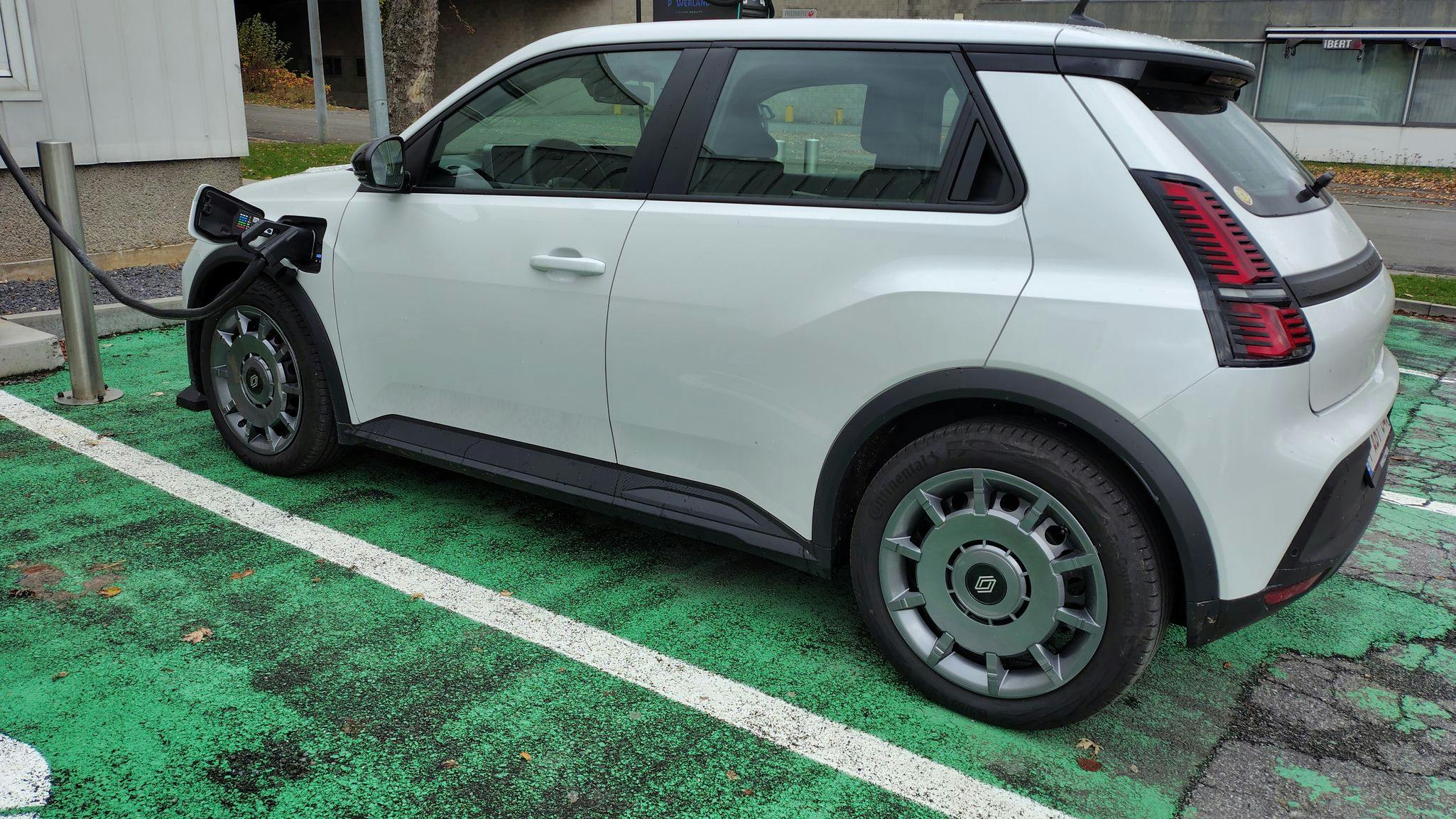
After a meal high in saturated fat at low speed, the car went from 28% to 98% in 42 minutes. Overall, charging to 80% takes between 20 and 30 minutes, despite its limited 80 kW power. In practice, peak charging remained below 65 kW during our various tests. After the 80% charge level, charging is obviously slower. The same is true when plugging in a cold car. At home, an 11 kW charging station will do the job in a maximum of 4 hours and 30 minutes. The key is to plan ahead.
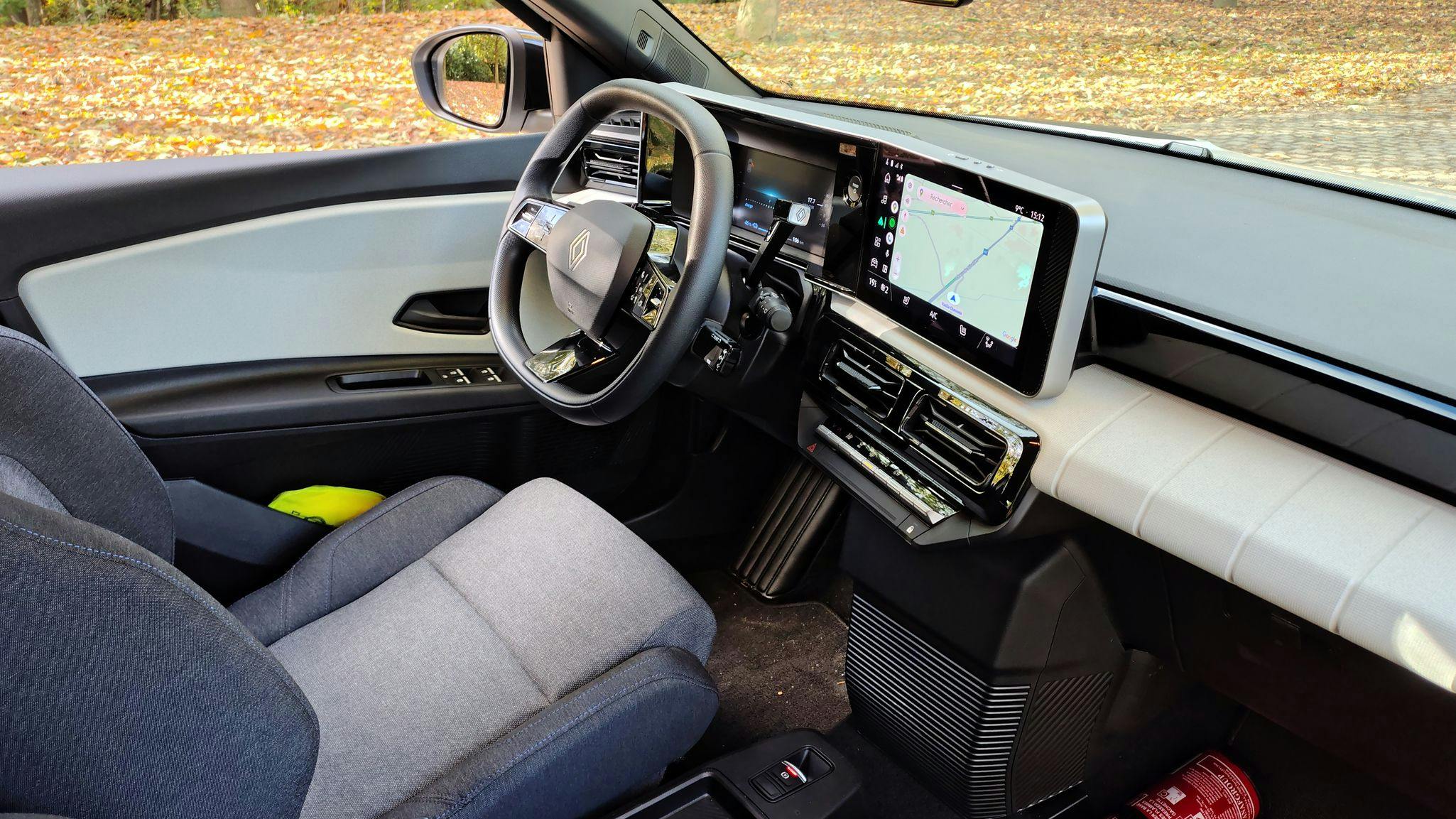
As you might have guessed, escaping the city is possible, but only if you have enough charge in your 40 kWh battery pack. With a full charge, a 180 km motorway journey will be possible without worrying about charging, except perhaps in very cold weather.
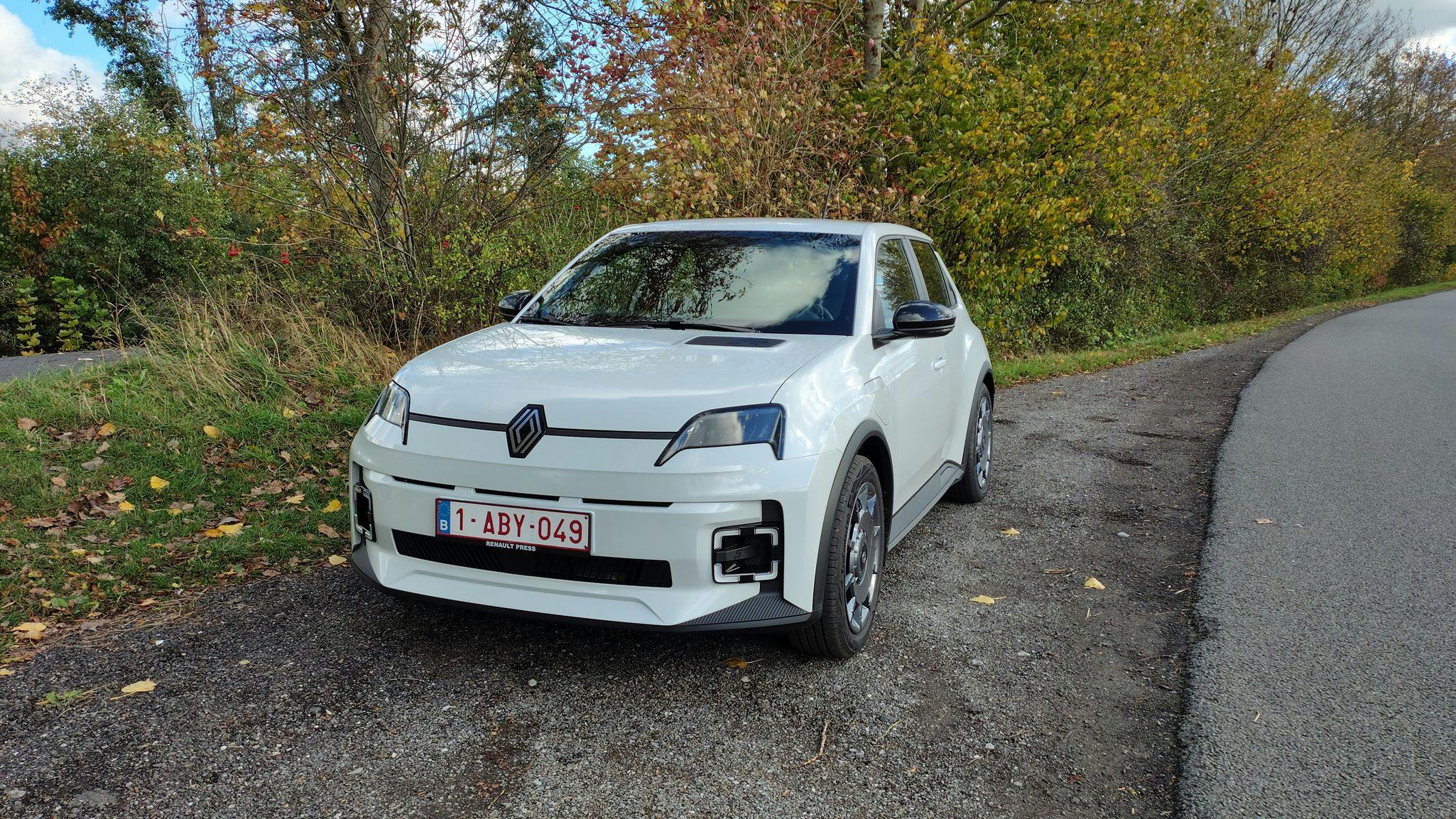
When the charging system automatically limits itself to 80% – because, well, we're not going to order a second Xtra burger meal to consume the remaining 20% – the Renault 5 E-Tech Urban Range will remind you to slow down after 70 to 80 minutes of highway driving (alarm at 15%). There is, of course, an Eco mode, activated by a button, to limit the speed to 115 km/h in the hope of squeezing out a few extra kilometers.
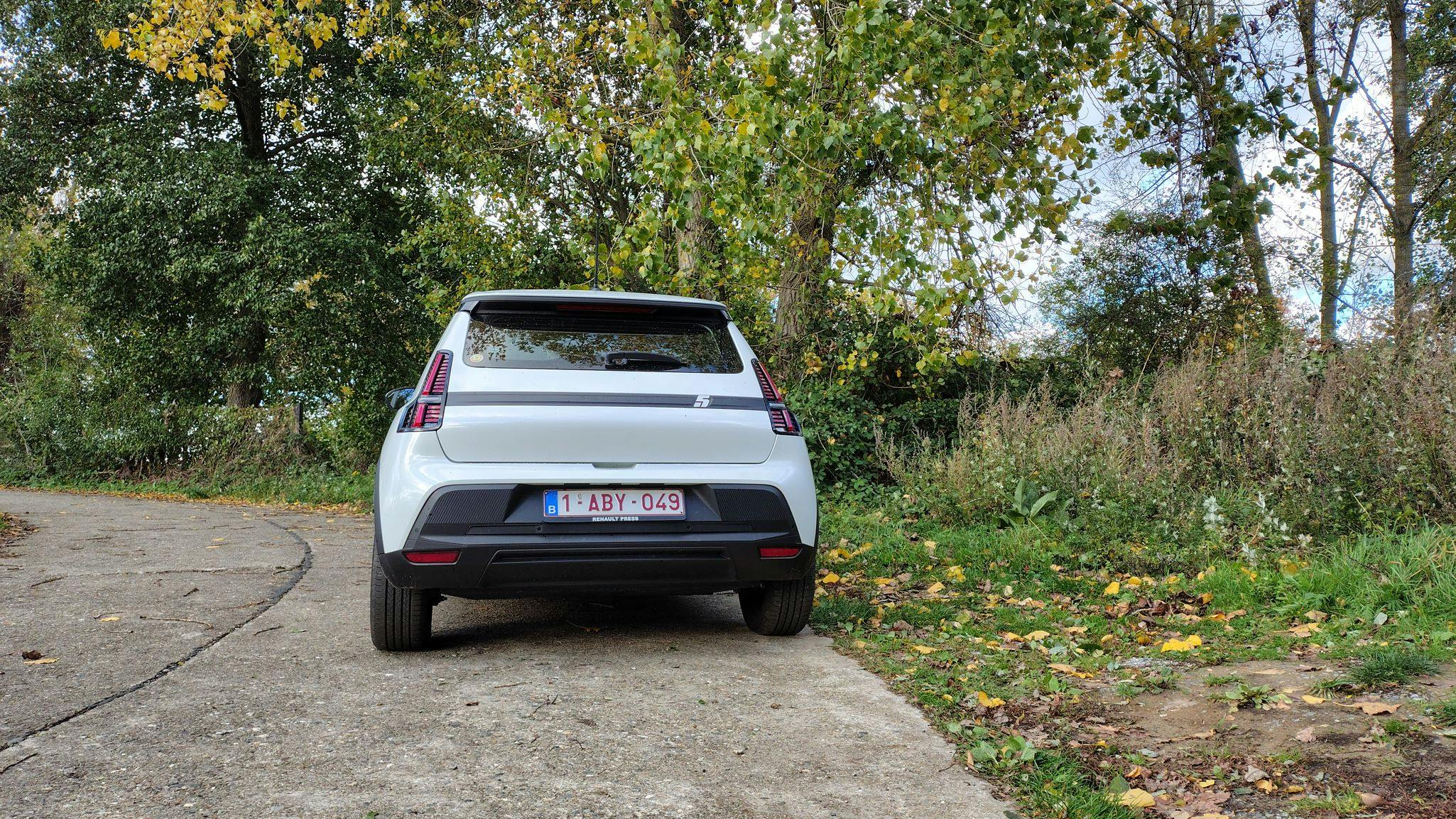
Let's be realistic.
On highways, the drive can last longer. Especially since it's quite easy to engage regenerative braking for "one-pedal" driving via the transmission control. By pressing it, the car instantly shifts from D to B. Provided you don't mix up the three paddles to the right of the steering wheel. There are no My Driving programs in the Urban Range Evolution. So you have to either press the Eco button or use the control to the right of the steering wheel. And also be careful with your right foot.
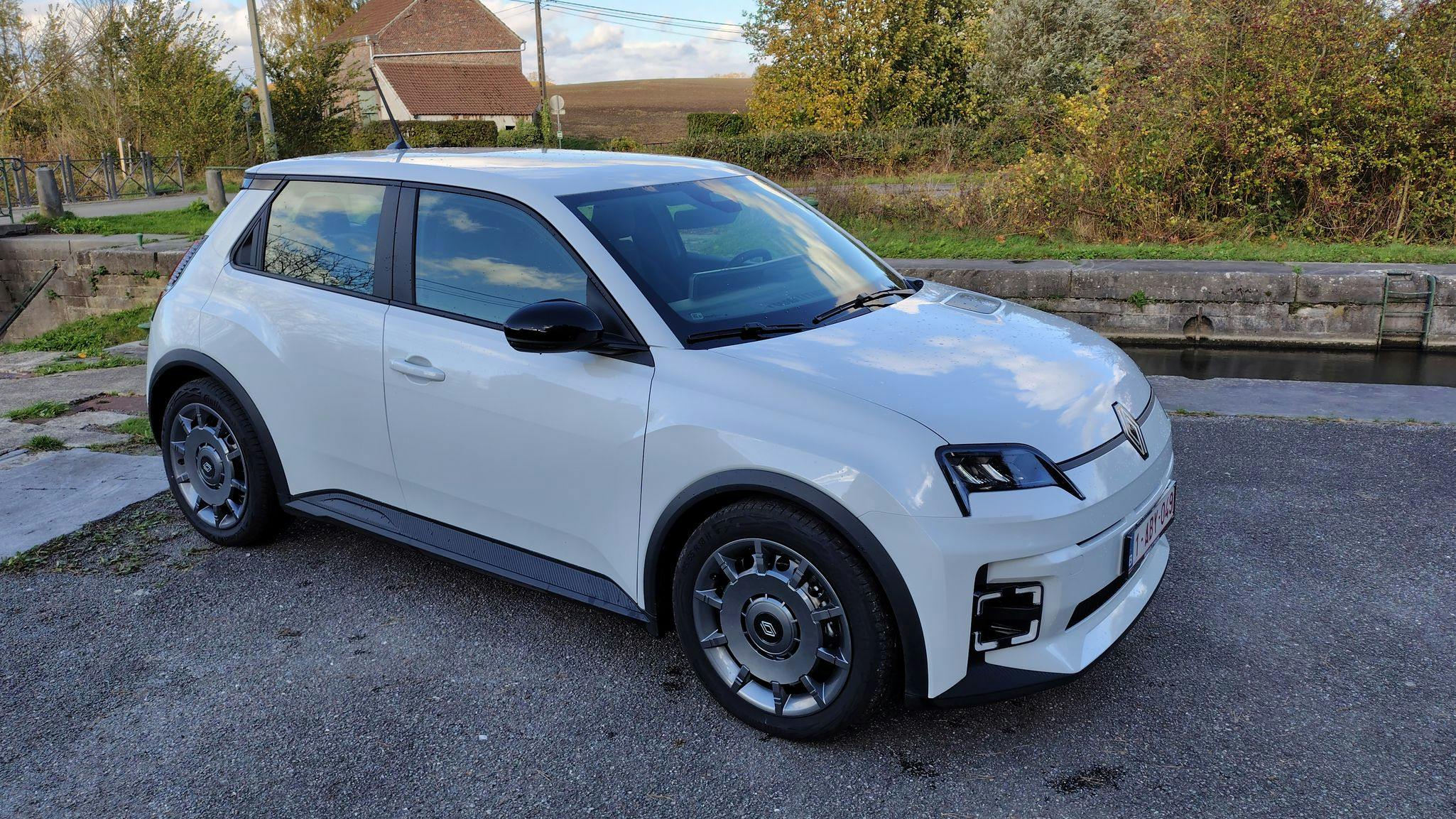
During the photoshoot in the countryside, with less than eco-friendly driving, the 5 E-Tech required 15.9 kWh/100 km on this chilly weekend. In better conditions, namely in the city and on roads with a 70 km/h speed limit, it's possible to get below 12 kWh/100 km. And then, you can really hope to approach the 312 km WLTP range. The average consumption for our test drive of nearly 500 km was 17.1 kWh/100 km. This route included more than 60% highway driving, without any real focus on fuel efficiency.
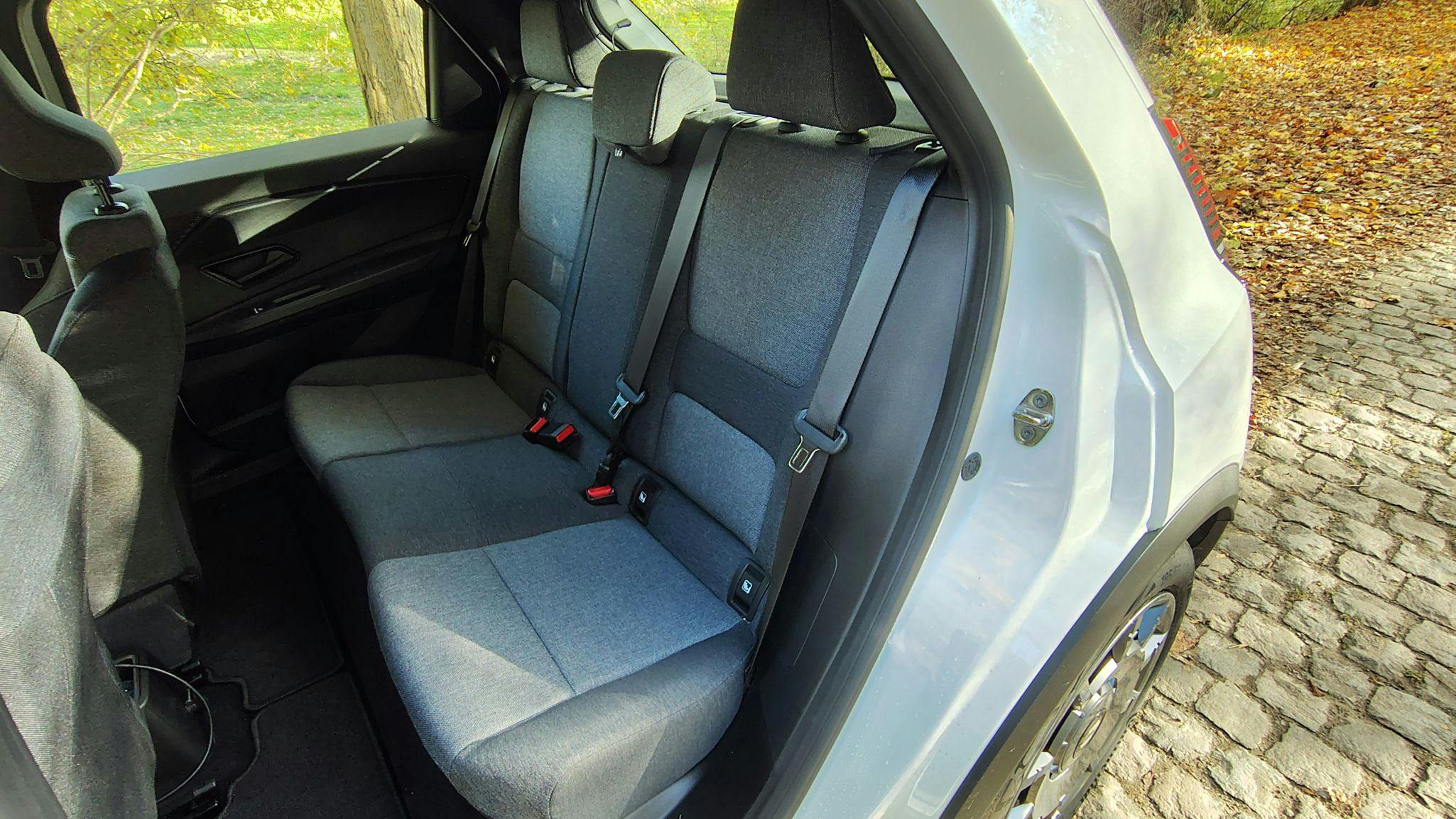
Practical
If you're aware of what you're buying, the Renault 5 E-Tech has a lot of charm and advantages for city dwellers and suburbanites. In particular, there's the feeling of well-being inside. The interior space is adequate for a car of this size, including for rear passengers (two, not three, on the bench seat).
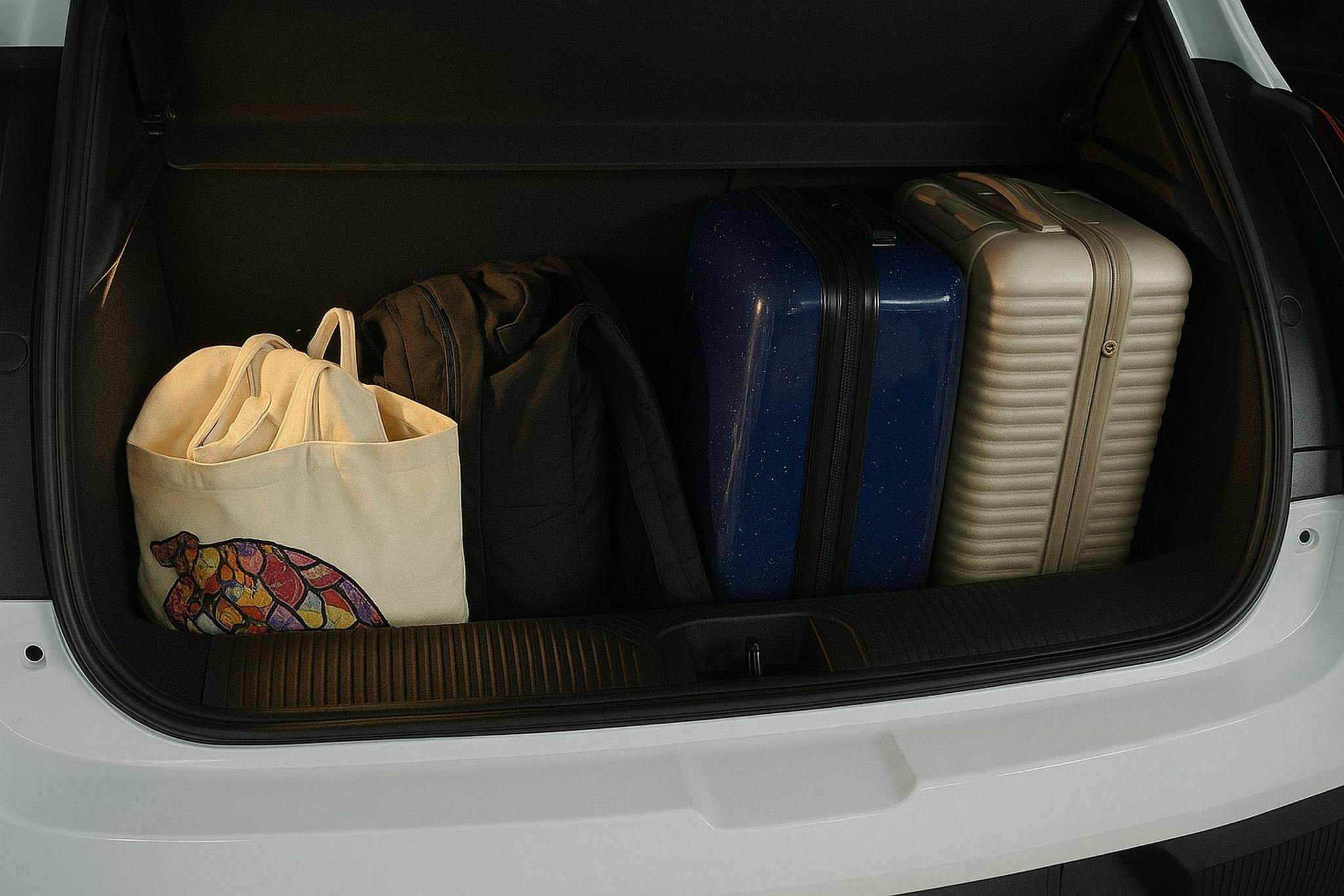
The trunk offers 326 liters of space under the luggage cover. A small storage compartment under the floor allows you to hide the charging cable. There's no frunk in the front. So, if you plan to charge at an AC charging station with a full trunk, you'll need to keep the cable within easy reach. By folding down the seats, this R5 offers 1000 liters of usable space!
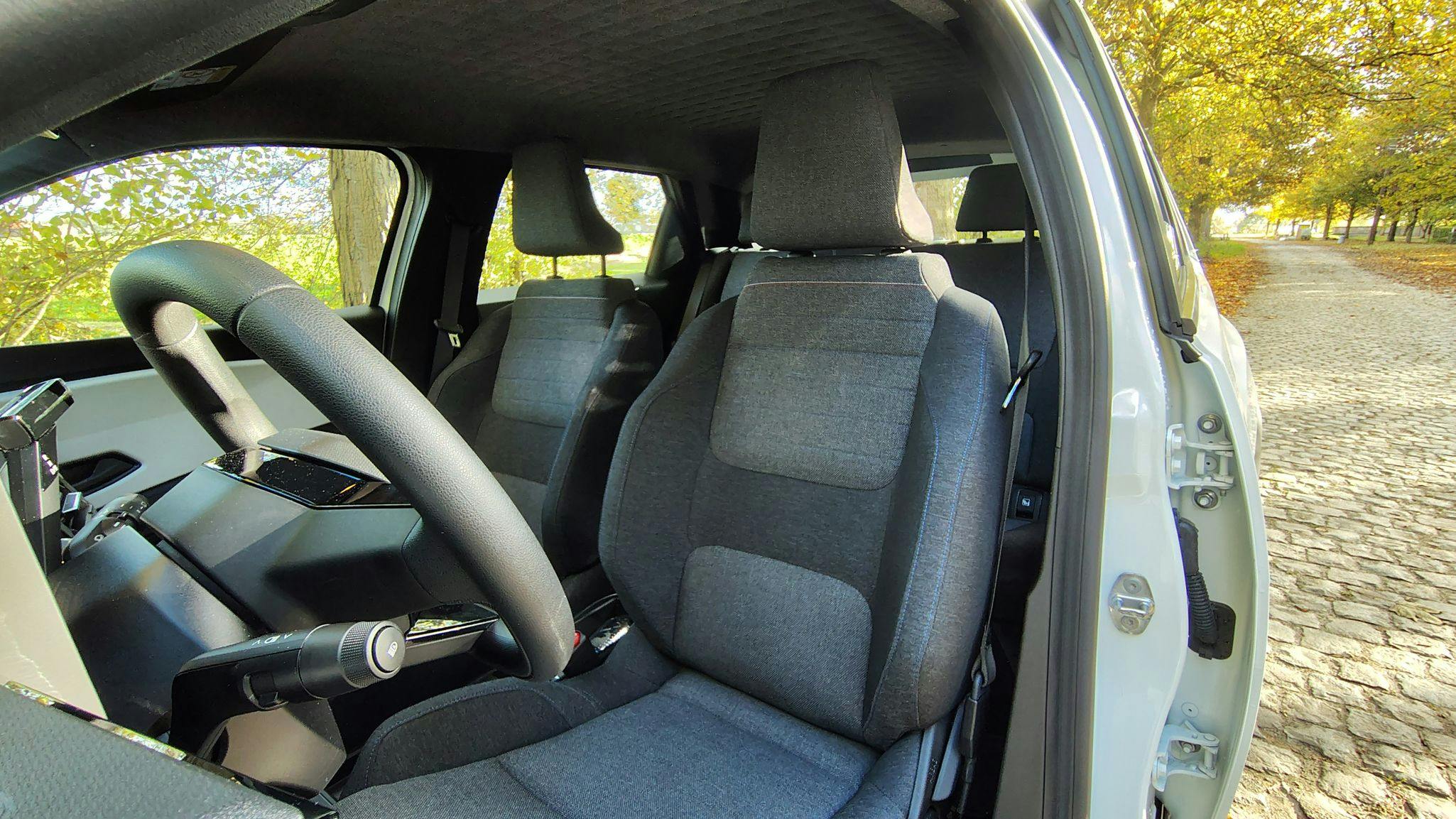
This mid-range solution retains both the digital instrument cluster for monitoring driving and the 10-inch central screen. It also offers Plug&Play functionality (when activated) for easy charging with a charging card or badge. However, despite its visually appealing appearance, the dashboard plastics feel rough to the touch.
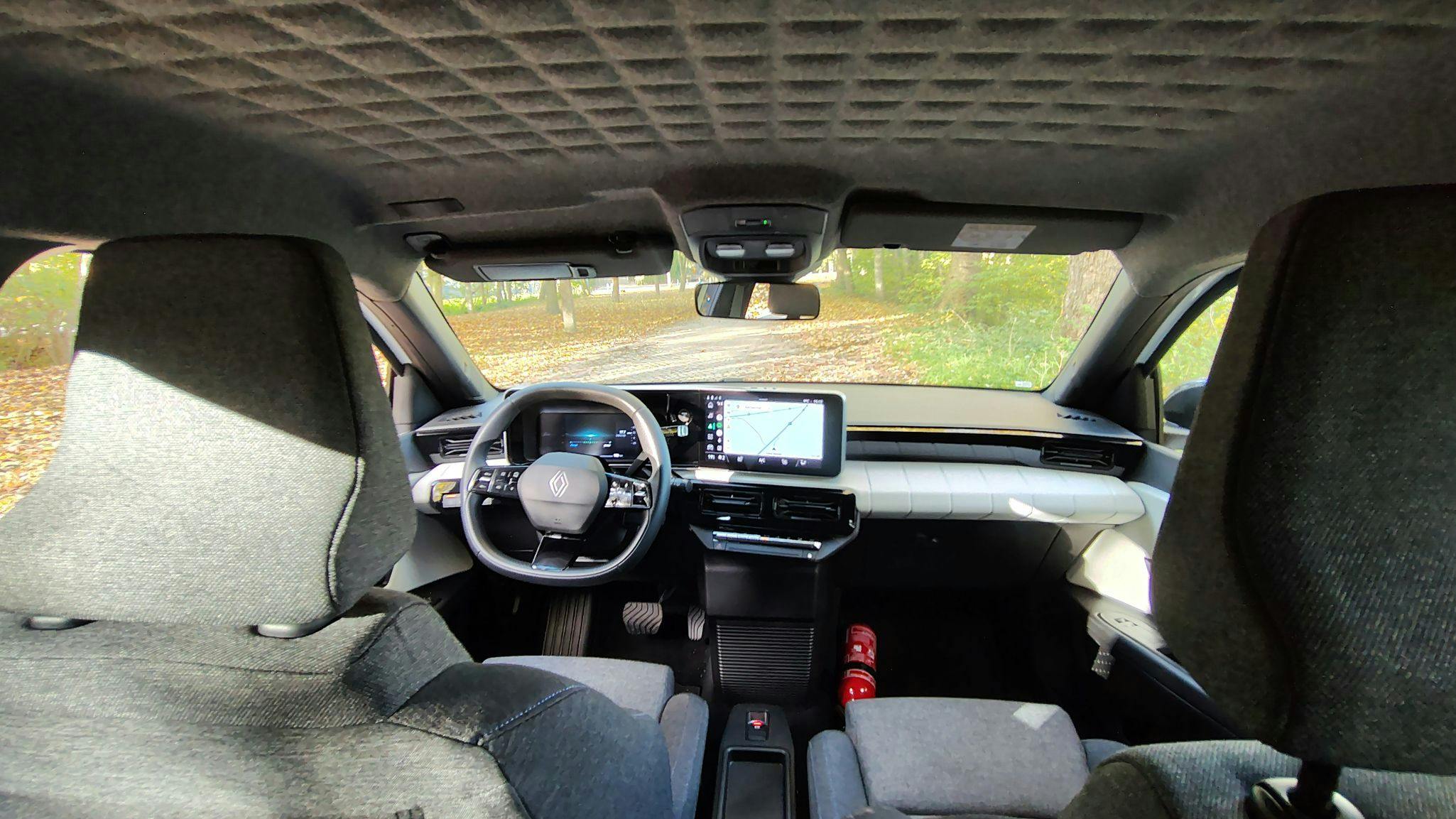
Given its driving qualities, we won't hold it against it. First of all, the fabric seats are truly comfortable. Secondly, the Renault 5 E-Tech's suspension is adept at absorbing bumps. All this comes with an attractive look and wheel trims reminiscent of the classic R5.
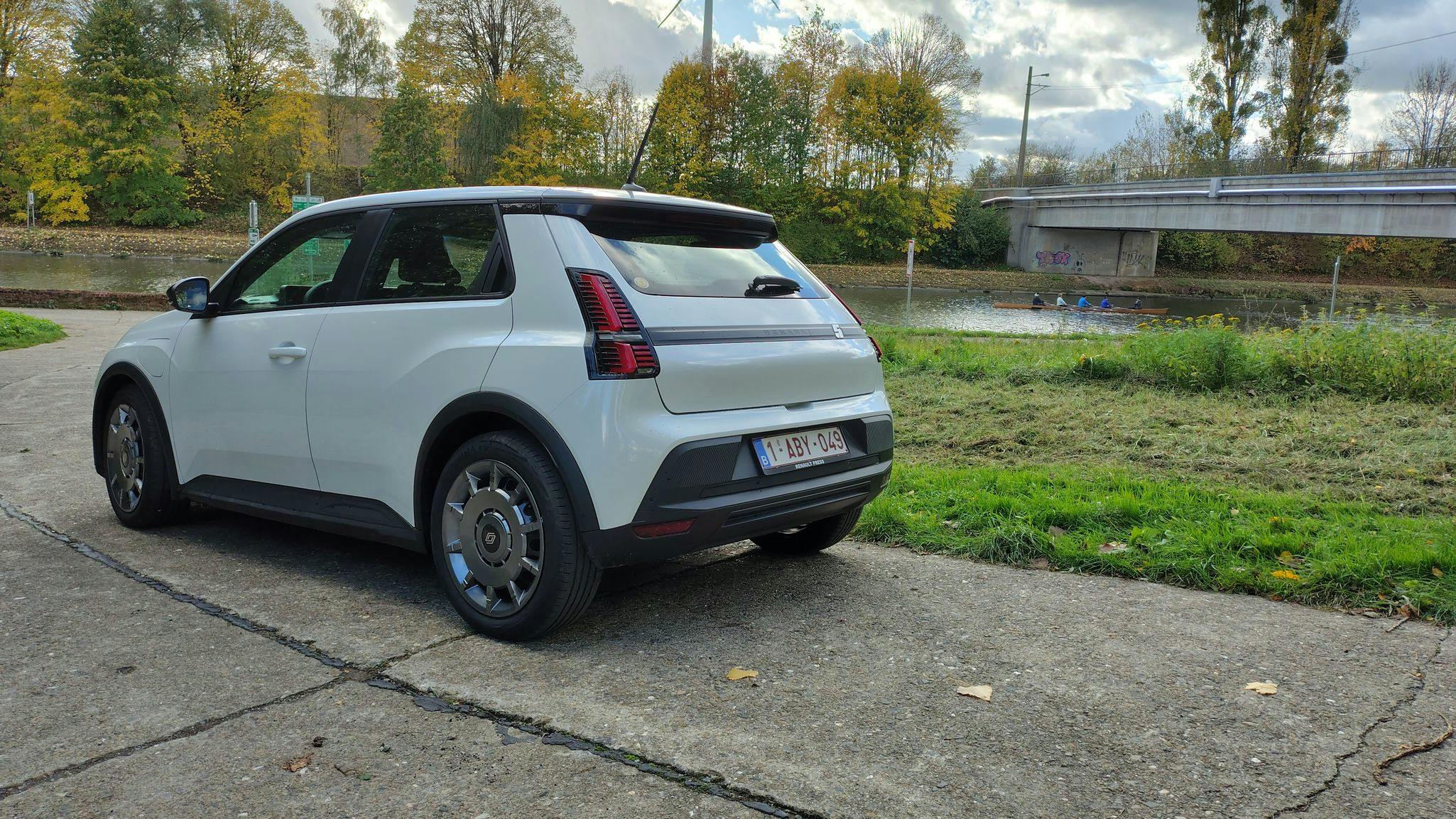
The Price
The Renault 5 E-Tech Urban Range Evolution costs €27,900 (Belgium, October 2025). However, our test model included several options: QNC pearlescent white paint (€700), a winter pack (heated and height-adjustable front seats) (€650), a 3.7 kW home charging cable for a wall socket (€300), and a bidirectional charging adapter (€200). This brings the total list price to €29,750. For added protection, the bodywork received a special treatment. This Glasscoat protection kit costs €350.
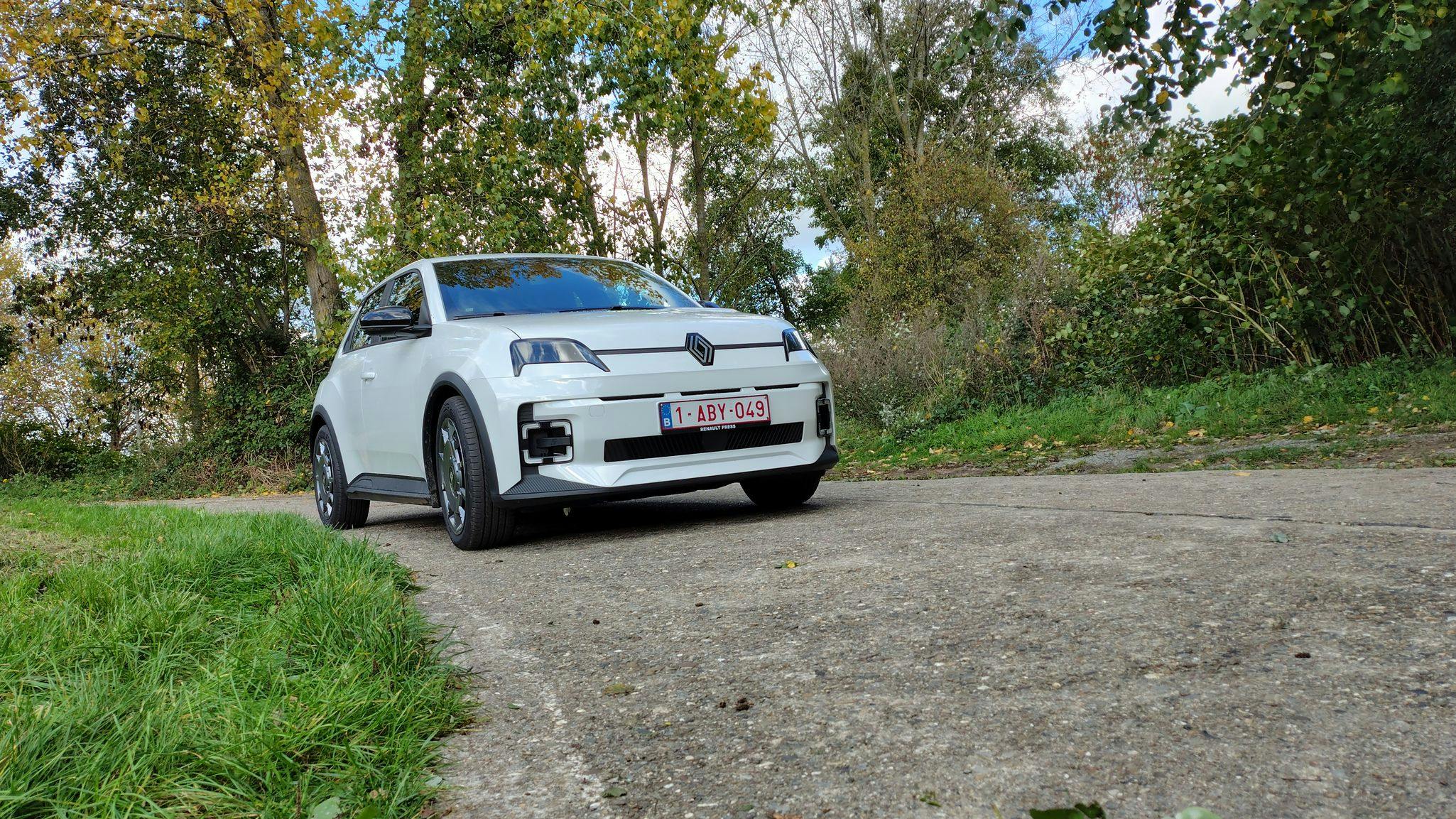
In the Grand Duchy of Luxembourg, this Urban Range Evolution model starts at €26,978. Equipped like our test vehicle, the price rises to €28,767. In France, this version qualifies for the ecological bonus. The starting price, excluding the bonus, is €27,900. With the options on our model, the total price is €29,840. In Switzerland, prices start at CHF 27,500. Without the wall socket cable and the V2L adapter, the price is €28,650. Renault also offers a set of snow chains for CHF 139.
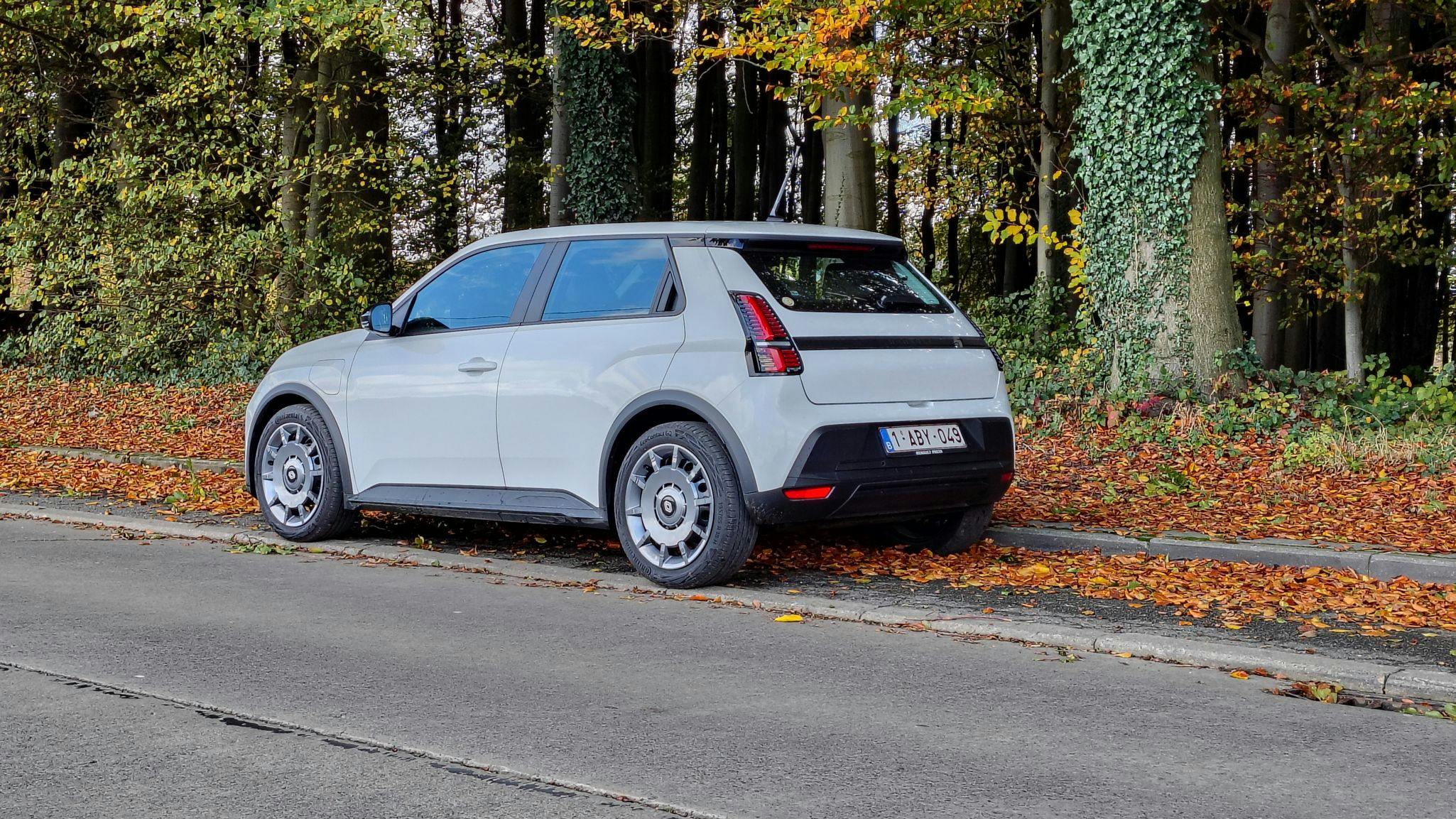
The verdict
A successful product, the Renault 5 E-Tech remains appealing even further down the range. This 122 hp Urban Range can satisfy those living on the outskirts of cities or in urbanized rural areas. Its range is sufficient for various daily commutes. Sightseeing trips will be limited by the need for charging. But after 30 to 45 minutes of charging, the car can get back on the highway for a short while. This is something the 95 hp Renault 5 E-Tech Five, priced at €25,000 (Belgian price), can never do, as it lacks fast charging. Our 120 hp Urban Range costs at least €3,000 more, the price of greater flexibility.
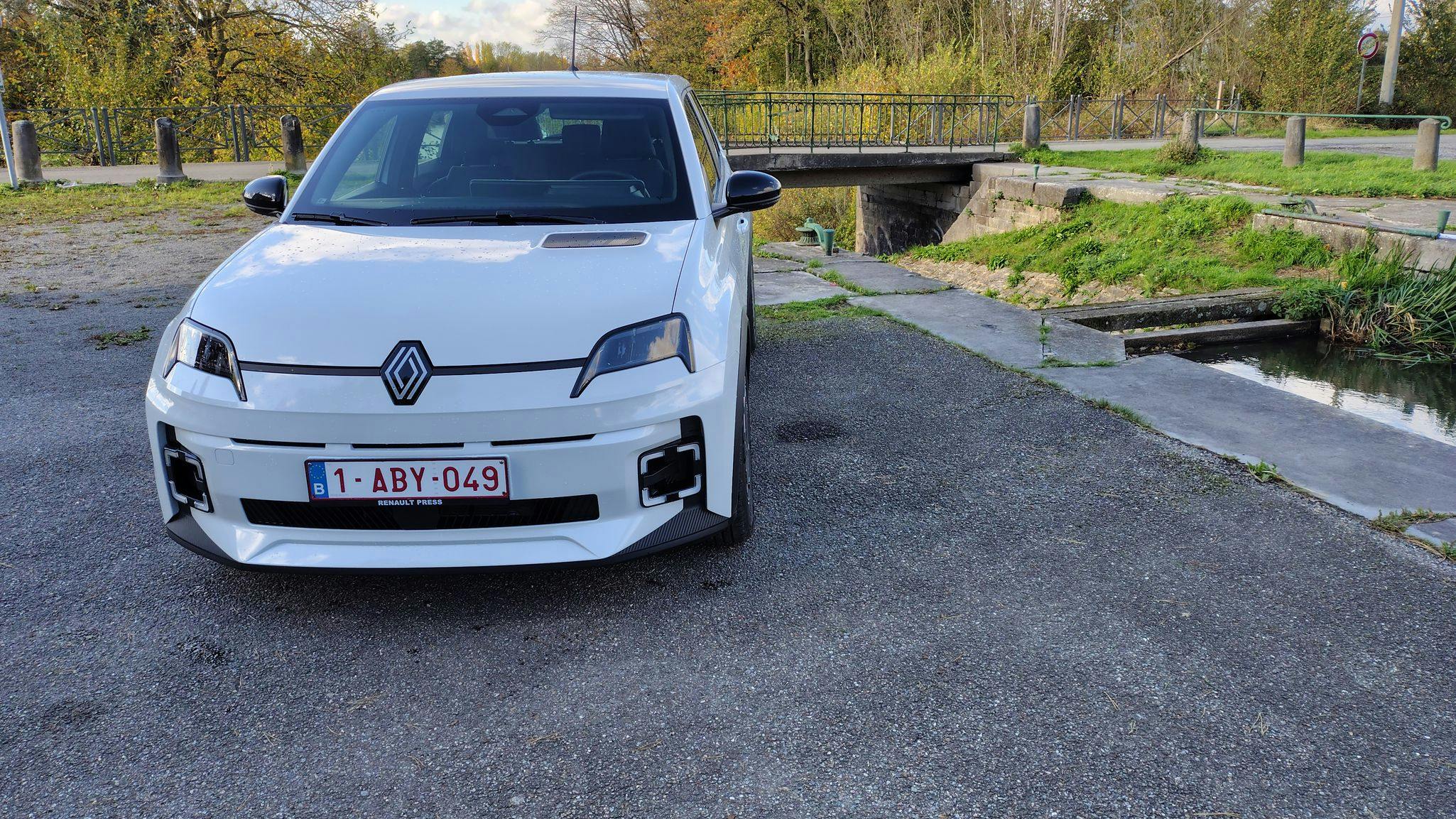
(Olivier Duquesne – Source : Renault – Photos : © Olivier Duquesne)
LATEST NEWS

Born on January 20: Paul Stanley (KISS) promises not to touch make-up!

Born on January 19: Martha Davis, the Motels' singer's troubled life

RIP: The legendary Tucker Zimmerman has passed away at the age of 84.

Born on January 18: Tom Bailey (Thompson Twins) always calls his "Doctor! Doctor!"
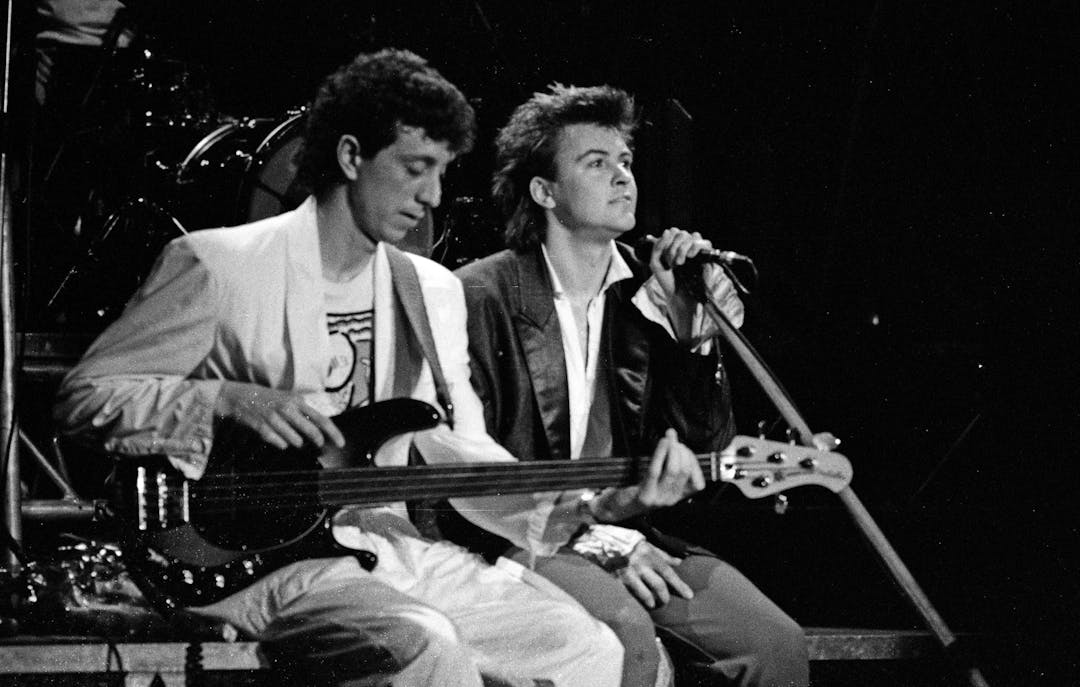
Born on January 17: Paul Young holds on to his crown as king of romantic ballads

Born on January 17: Françoise Hardy left to find the stars in 2024
Quick links